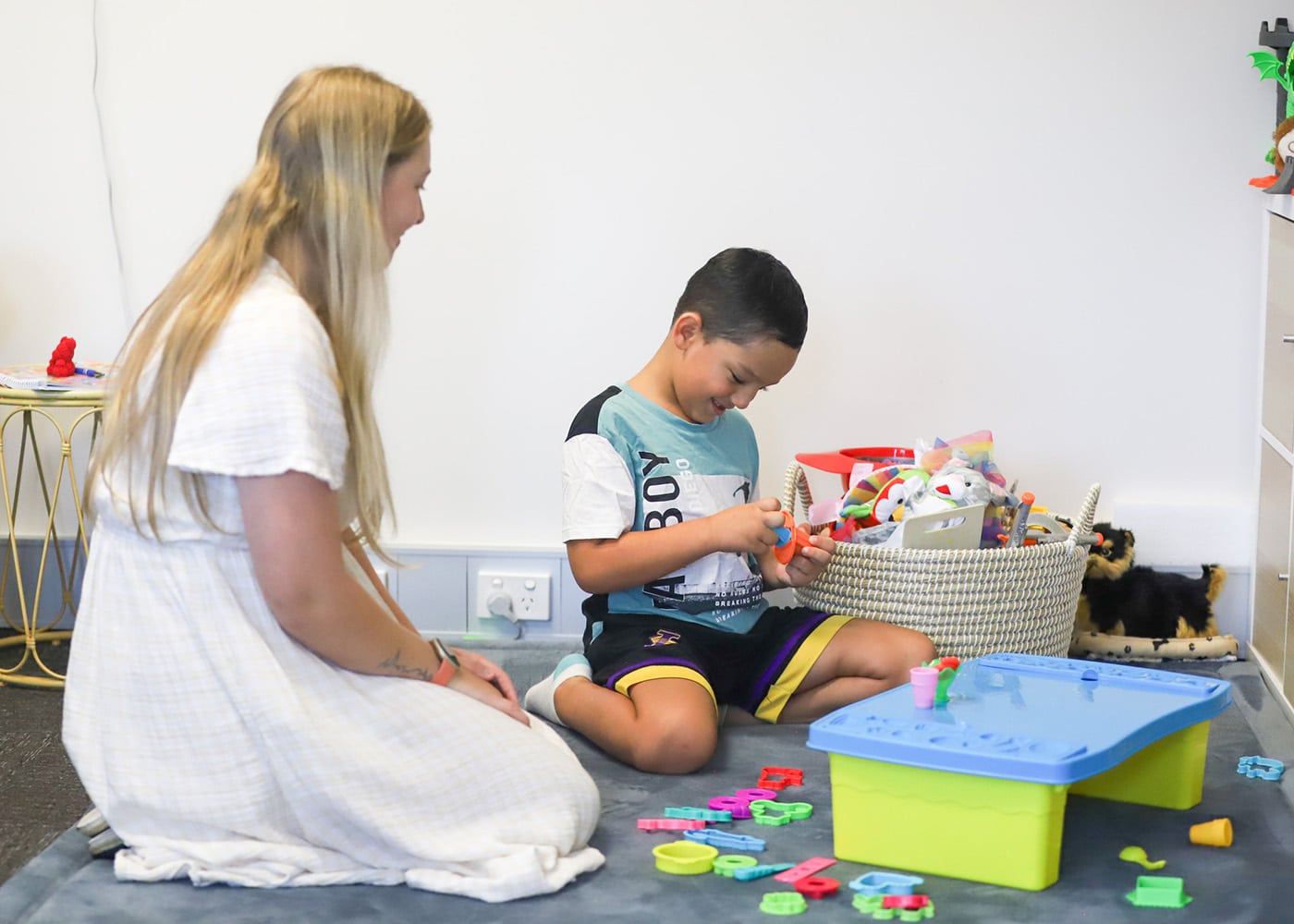Strategies to managing anxiety in everyday life.
Breathing Exercises
Deep Breathing: Inhale slowly through your nose for a count of four, hold your breath for four counts, and then exhale for a count of four. Repeat as needed to calm your nerves.4-7-8 Technique: Inhale for a count of 4, hold for 7 counts, and exhale for 8 counts. This technique helps reduce anxiety quickly.
Community Exercises
Grounding Techniques: If you feel overwhelmed during a community outing, at home or within a therapy session, try grounding exercises like the 5-4-3-2-1 technique.
Identify five things you can see, four things you can touch, three things you can hear, two things you can smell, and one thing you can taste.Shift your focus: If you are out in the community, and you feel yourself becoming overwhelmed, try to shift your focus. This may look like choosing a colour, and finding things around that are the same colour. You choose a colour of car and look for that particular car colour. The longer you can distract yourself, the longer your anxiety has to fizzle down.
Online Support
Virtual Sessions: If you can’t make it in person, consider scheduling online therapy sessions. Many therapists offer telehealth services, which provide a convenient and safe way to receive support.Apps and Resources: Explore anxiety management apps and websites that offer mindfulness exercises, guided meditations, and self-help materials. Downloading an affirmation app and reading your daily affirmation can help start your day with a positive mindset.
Coping Between Therapy Appointments
Journaling: Keep a journal to track your thoughts and feelings. Write down any triggers or anxious moments and discuss them with your therapist during sessions. Journaling can also be great for tracking your mental health journey.Self-Care: Prioritize self-care practices like regular exercise, a balanced diet, and sufficient sleep. These factors can significantly influence your mental well-being.
Relaxation Techniques: Practice progressive muscle relaxation or mindfulness meditation exercises when you experience anxiety between appointments.
Support Network
Lean on Loved Ones: Share your feelings with friends and family who can provide emotional support. They may offer valuable perspectives and help reduce feelings of isolation.Support Groups: Consider joining a support group for individuals dealing with anxiety. Connecting with people who share similar experiences can be comforting and empowering. You may also consider joining a group that aligns with your interest such as hiking, art or woodwork. These connections with others that have the same values as you can be powerful in your healing journey.
Managing anxiety is an ongoing process, and there’s no one-size-fits-all solution. By incorporating a combination of these strategies into your daily life, you can work toward a happier, calmer, and more fulfilling future. Remember that it’s okay to reach out to your therapist for guidance on specific anxiety management techniques tailored to your needs. Anxiety management is a journey, and your therapist is here to support you every step of the way.
To make a final point, remember that managing anxiety is a process, and it’s okay to take small steps at your own pace.






